We kindly inform you that, as long as the subject affiliation of our 300.000+ articles is in progress, you might get unsufficient or no results on your third level or second level search. In this case, please broaden your search criteria.
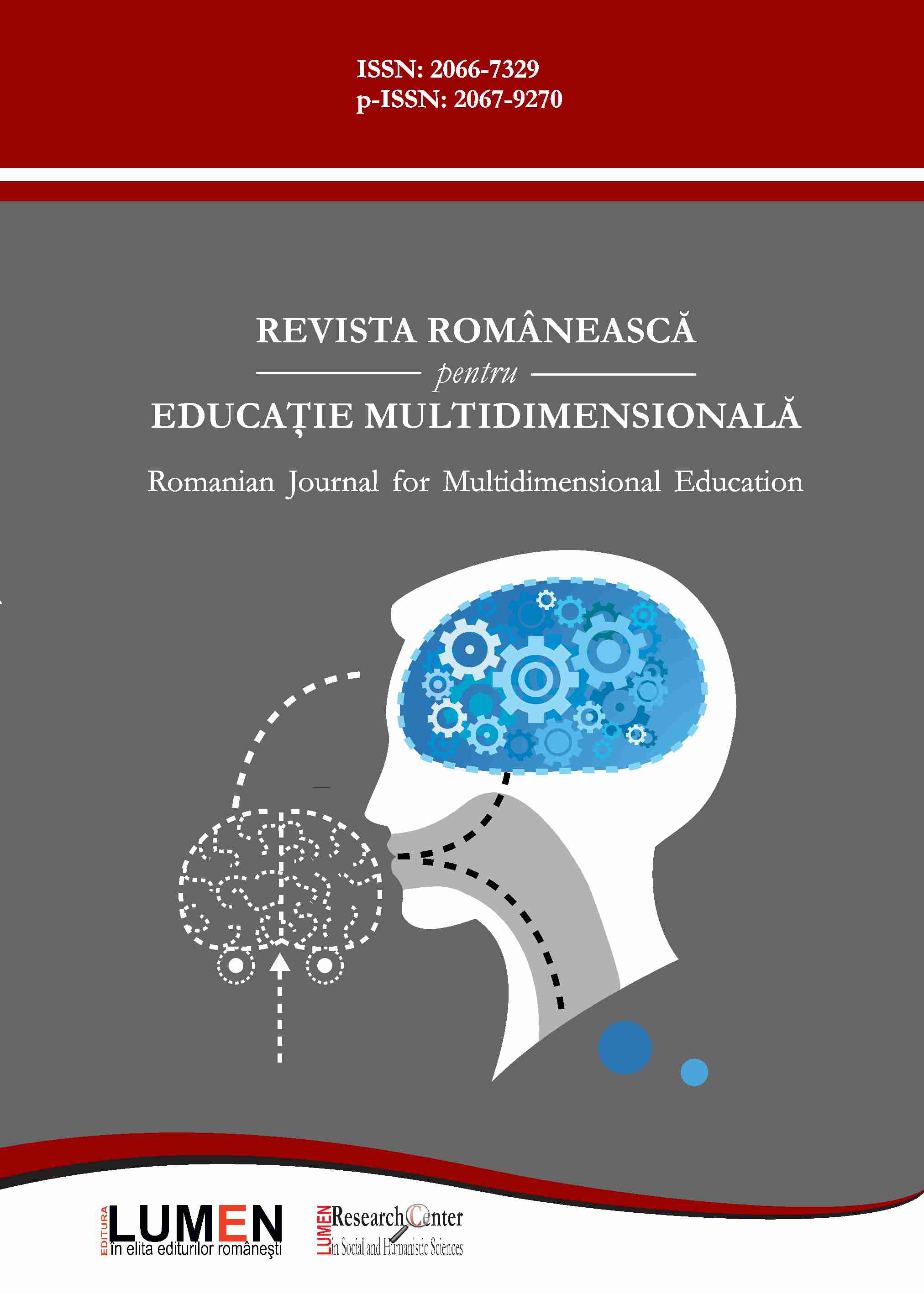
This qualitative study focused on the life experiences of abused elderly in geriatric care in a Iasi hospital, in Romania. A total of 13 (9 women and 4 men) patients were involved in a complimentary, multidisciplinary psycho-social service after been screened for abuse using EASI © (Yaffe et al., 2008). Through thematic network analysis, the texts from the interviews revealed three global themes: 1) the abuse undermines the dignity, 2) the need to find meaning to the lived experience and, 3) the strategies of maintaining dignity. This is the first qualitative study of hospitalized elderly having an experience of abuse in Romania.
More...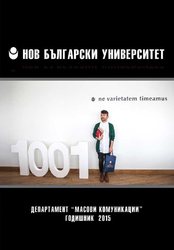
Teodora Zafirova in the study "Messages of Clothing in Political Communications" discloses the terms related to clothing in diplomatic protocol. The article examines the role of the types of accessories, attributes and their role in building the image of well-known politicians, as well as non-verbal messages of the communication channel in the communication process.
More...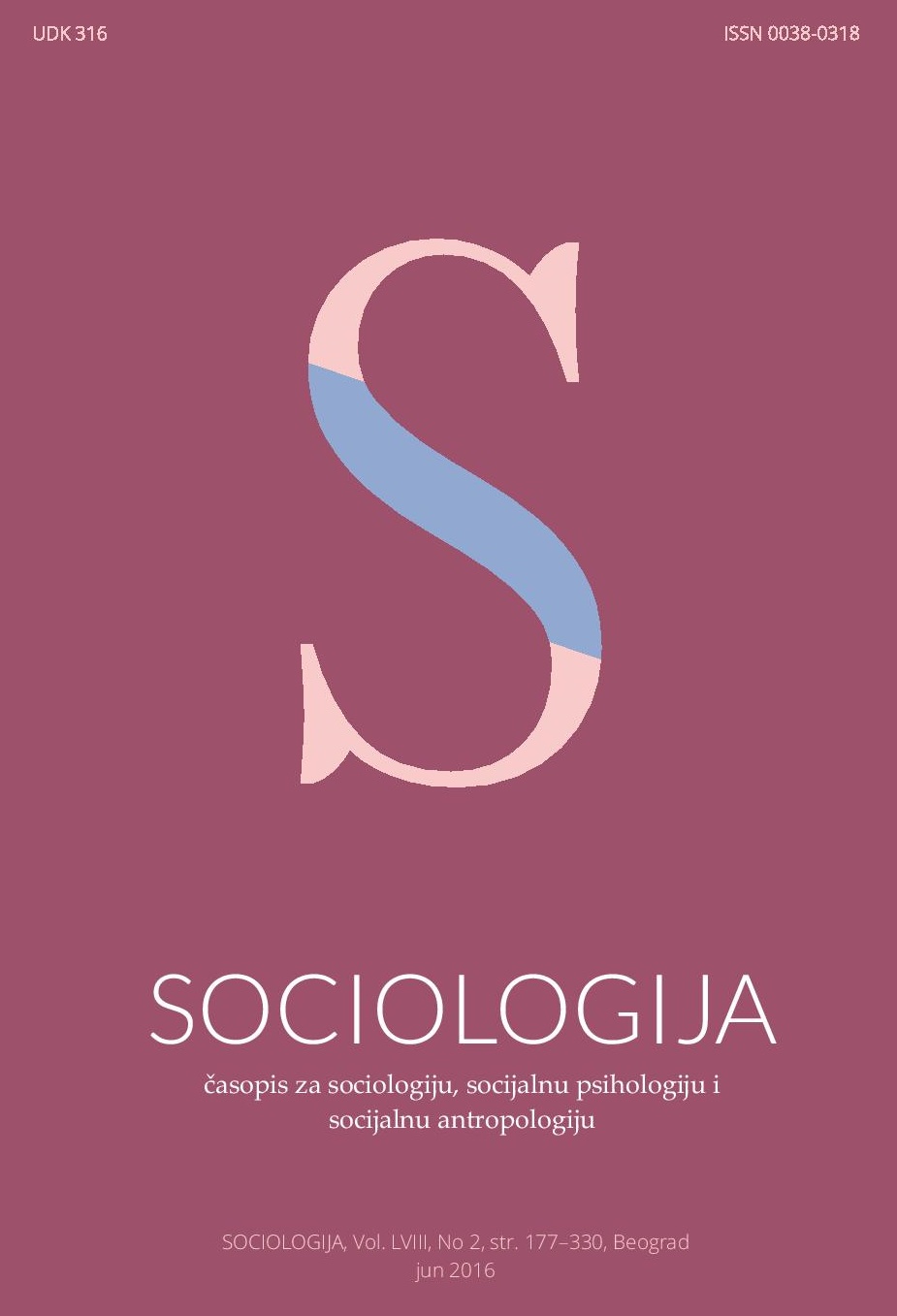
In this paper, we identify the main factors of confidence in institutions in the six former Yugoslav republics. Conceptually, we introduce two theoretical approaches: social capital theory and political approach. To test our hypotheses, we rely on European Value Study 2008 data, and we use OLS regression analysis. We conclude that the six countries are quite similar in terms of identified factors of confidence in institutions. Satisfaction with democracy proves to be the most reliable predictor of confidence in institutions in each country. Additionally, we conclude that social capital theory provides a better framework for explaining confidence in institutions, rather than the political approach.
More...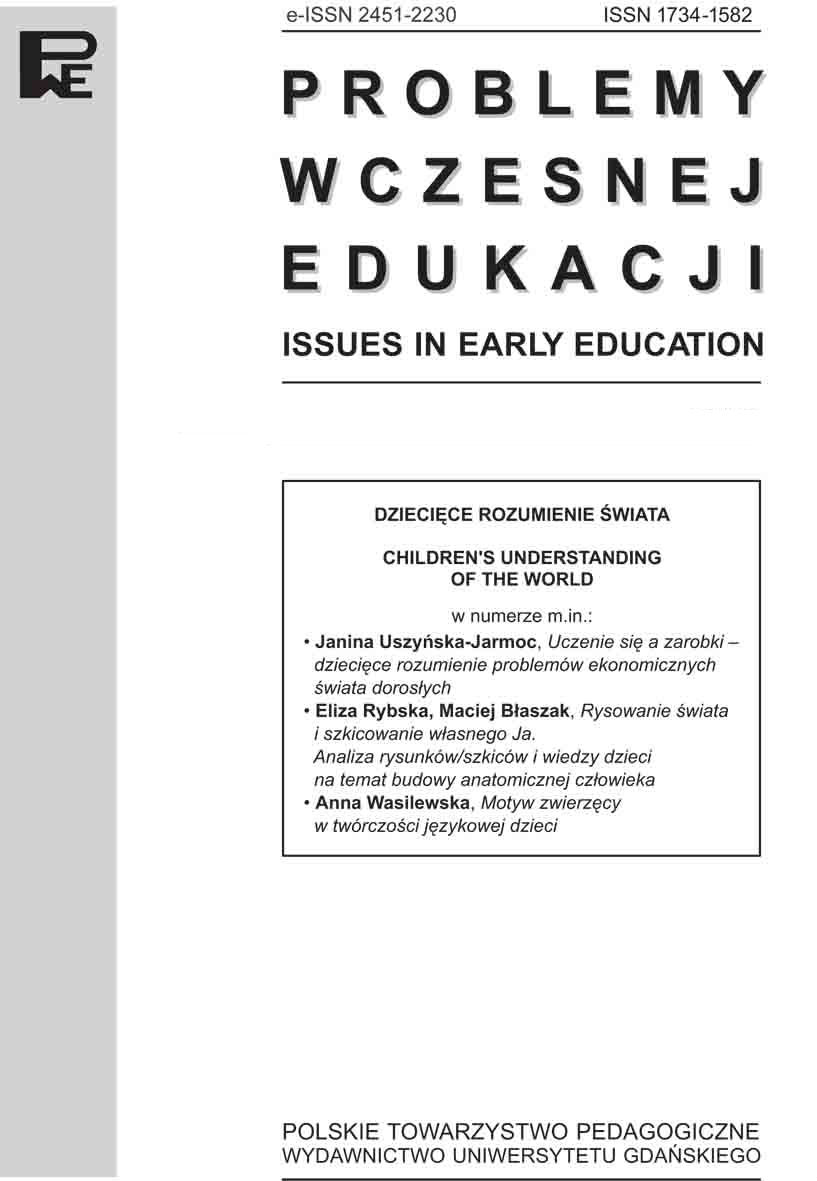
Today we observe the dynamic changes in relations between the sexes in the family, which appear as a result of economic, cultural, and social transformation, the growth of women’s economic strength, as well as the level of their education, and the development of the ideas of the equal rights of women and men in the labor market and in social life. Hitherto existing research results show that Poles are increasingly in favor of the egalitarian family model and declare their wish to build their relationships based on equality. In the article I will characterize our cultural context, in which the egalitarian relation of a man and a woman in a family is both an educational space of confrontation between the “old” concept of family life, often rooted in Parsons’ concept of the nuclear family, and the “new” one, specific for the socio-cultural breakthrough in Poland. I will also present the involvement of formal education in fixing stereotypical images of family life, which are in opposition to the changes observed in relations between women and men. At the end I will present my own concept of education for equality in the marital relations, as well as the frame of equality between spouses in marital relations as a value of upbringing, which are a response to the needs of contemporary women and men.
More...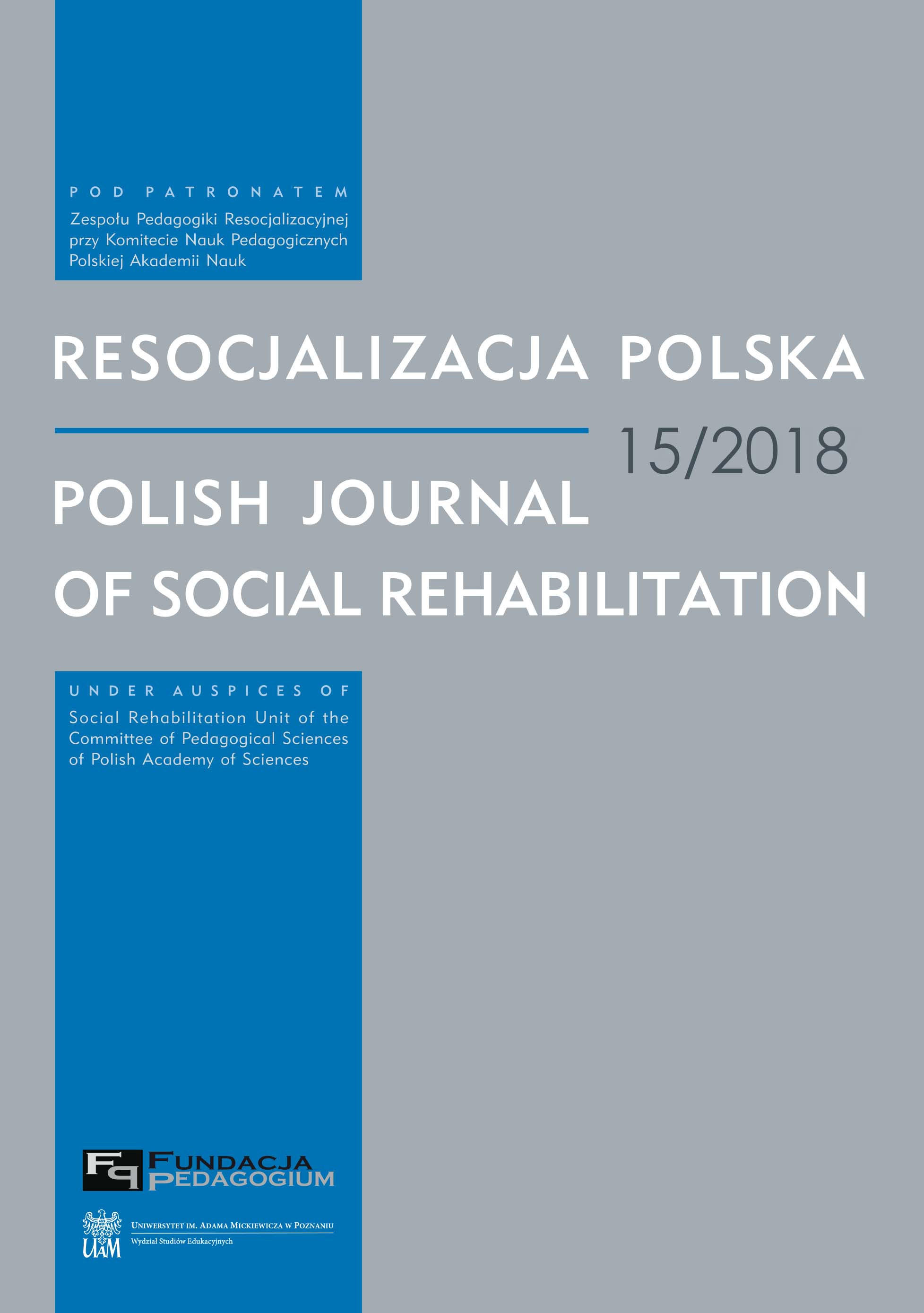
Despite the great popularity and effectiveness of actions based on cognitive-behavioral approaches in working with inmates, still we are looking for innovative interventions which will facilitate the process of departing from crime and reduce the rate of returning to crime. These new inquiries are specified as third generation/wave of cognitive-behavioral therapies. There are a few, main, empirically established therapeutic methods which belong to this stream, and among them those covered by this article, methods based on mindfulness. The purpose of this elaboration is to present the possibilities and potential benefits of using mindfulness in work with inmates. The article includes a theoretic analysis and a review of research on the effects of such programs in the population of prisoners, pointing out several areas where their application seems to be totally justified and empirically confirmed.
More...
The article presents theoretical concepts and research in the extent of minors - police encounters, paying attention to their confrontational nature. This issue was analyzed from three perspectives: environmental, individual and situational. Family and peer groups were described as the basic environmental factors. Age, gender and social background were analyzed as typical individual factors. Describing situational context, attention was paid to resistance and injustice as factors leading to intensification of the police intervention. It was emphasized that the confrontational nature of the encounters may lead to the escalation of conflicts, applied sanctions, increase social distance, resistance and labeling process.
More...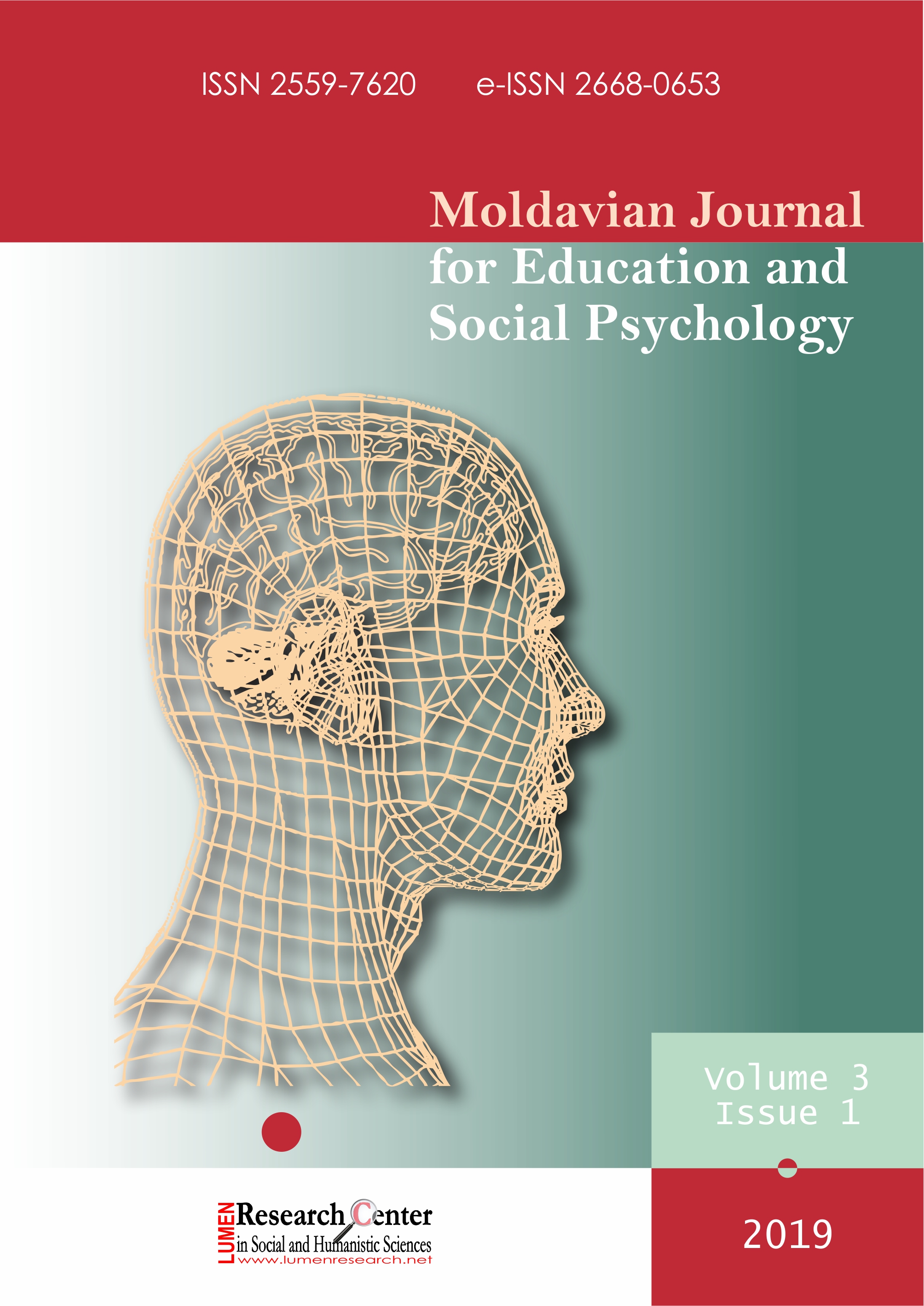
This research approach is based on the belief that addressing the challenges faced by parents who have children with disabilities in their care requires a thorough understanding of the attitudes that govern the daily behavior of people around them.Parents who have a child with disabilities certainly live a multidimensional challenge that life has begun without the right to reproach. Moreover, regardless of the circumstances in which emotional suffering occurs, parents have to cope with the most difficult situations imagined. Social exclusion is not just a result of the circumstances of the moment, but also an impact on the prospective prospects of the affected person.The phenomenon of social exclusion of parents who have children with disabilities in their care is a necessary social phenomenon to prevent, because at the moment it can not be avoided. In most cases, parents blame a great deal for their child's suffering. Self-emotional references, the need for difficult choices, and the attitude of society disfigure parents against the unknown, they use all their efforts and resources to overcome such situations. How many soul mishaps, hesitations and reconciliations with oneself and others are hiding behind this simple situation. In spite of maximal mobilization, it does so to one point.
More...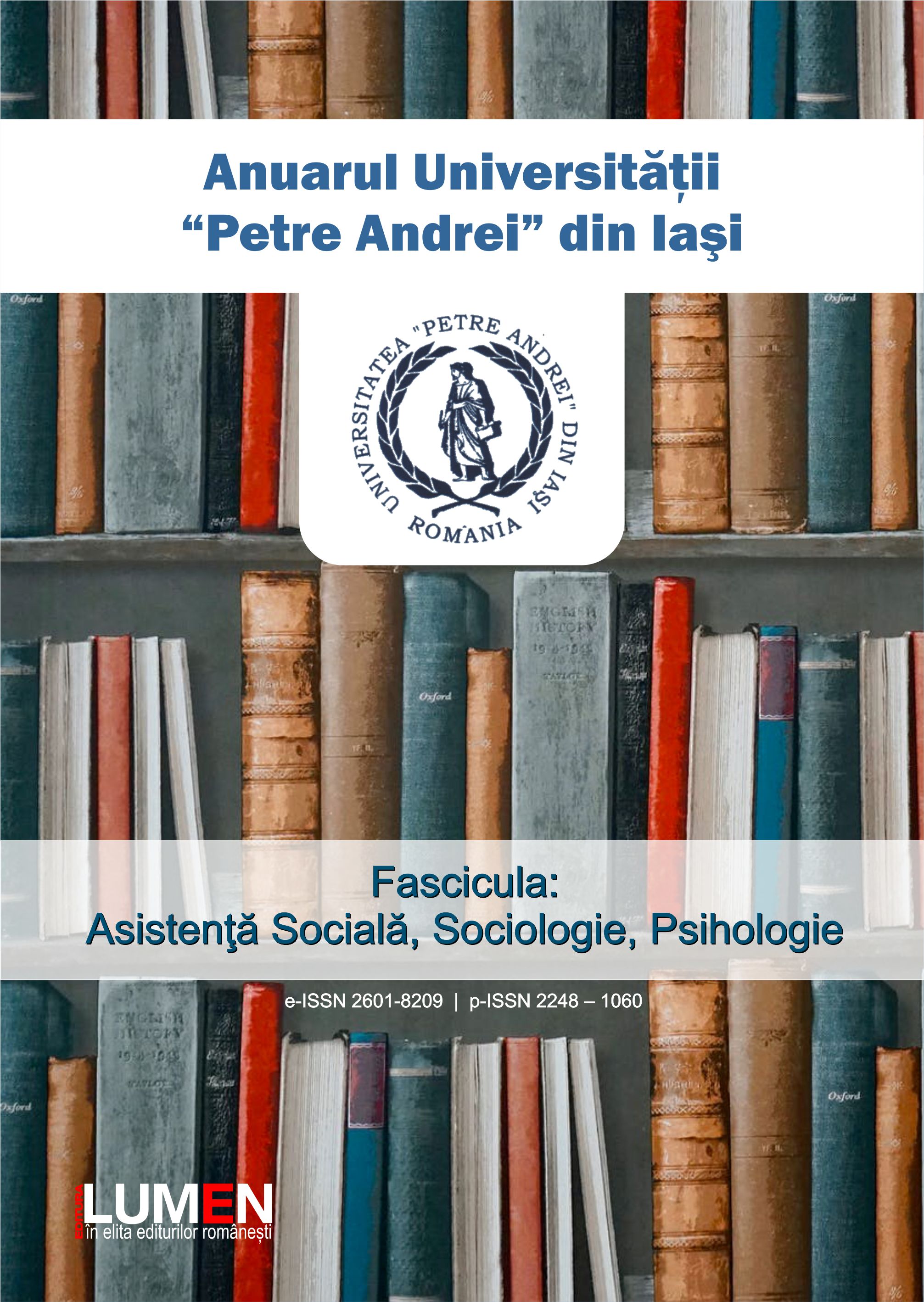
This article represents a theoretical approach to an increasingly present and publicized topic in the Romanian society, the New Psychoactive Substances (NSP). Most commonly known as "ethnobotanics" or "zombie drug", these substances have become part of the social reality of contemporary Romania.The main objective of the article is to present as clearly and concisely what NSPs are and represent, both at the level of Romania and at globally.In trying to achieve the proposed goal, several topics have been addressed, such as the history and definition of NSPs, the types of products, the factors that contributed to their appearance and maintenance on the market, their medical effects and the myths that surround them.
More...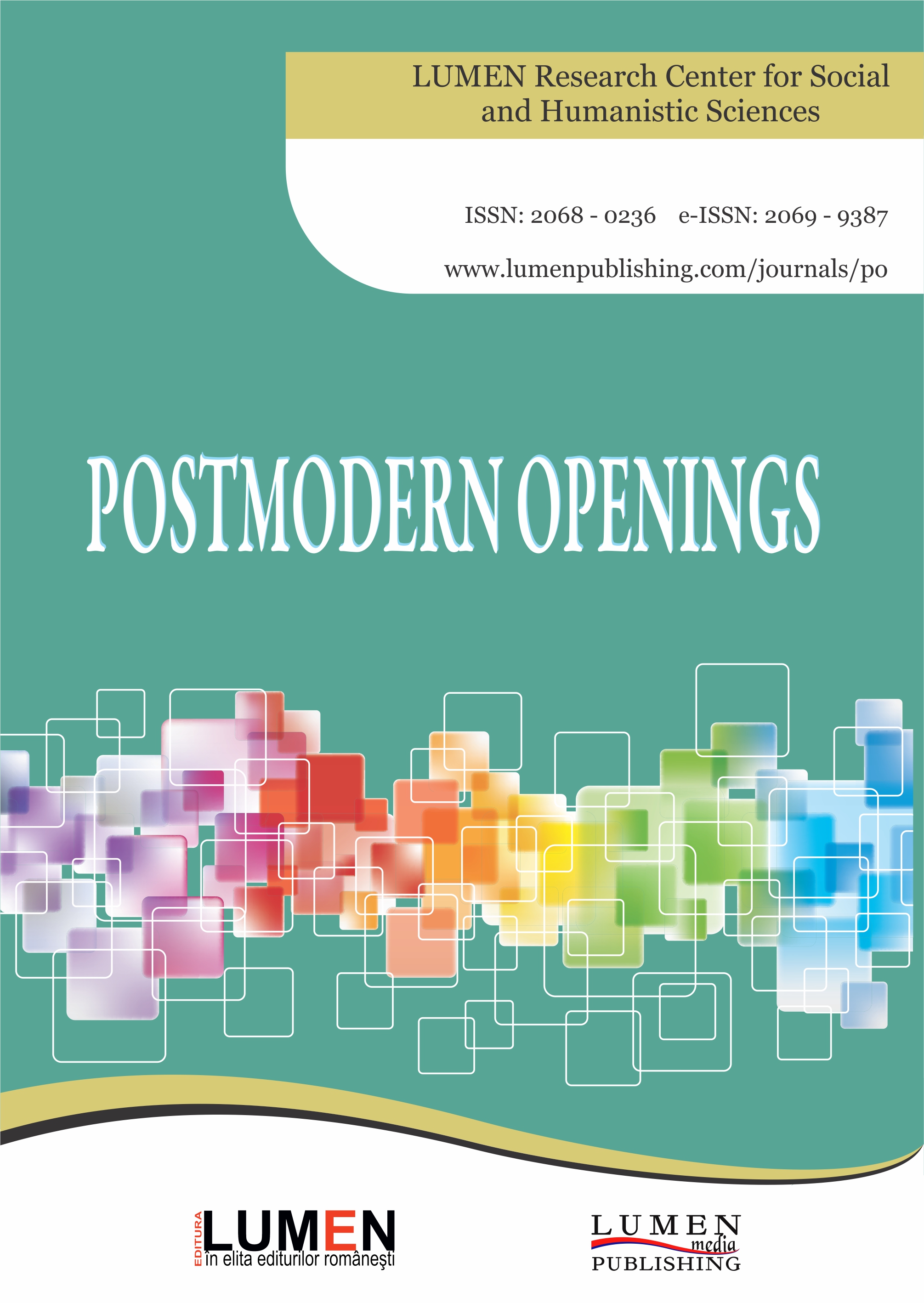
The article presents a selected part of the research that was carried out in 2019 in Slovakia the aim of which was to assess feedback on the perception of the supervisory process in social protection entities as offered by the supervisor. The basic set consisted of supervisors in helping professions operating under Act No. 305/2005 Coll. They are specialists with a second degree education in the humanities or social sciences who have completed an accredited supervision course in the minimum range of 240 hours and have appropriate practice. 10.68 % of Slovak supervisors participated in the research. A probing research was used, which carried elements of quantitative strategies, but has not been moved to the area of verification, comparative or correlation investigation. The secondary benefit of this study is the depiction of the structure of supervisors in Slovakia and its longitudinal development. The primary method of collecting empirical data was a questionnaire created by the authors. More than 90.0 per cent of respondents stated a positive perception of the supervision provided by Social and Legal Protection (hereinafter SLP) employees. Among the dominant themes of supervision in the SLP were clearly “relational areas”, reflection of workflow including case supervision and burnout. Our findings confirmed that active listening and its essence concentrates on an interview from a methodological point of view. According to our findings and assuming a reasonable degree of generalization, it can be stated that the supervision is primarily performed according to the established standards and codes of ethics.
More...
Security culture encompasses the socially-transmitted traditions, mindsets, action modes which are specific to a certain community found in a certain geographical area. Security culture serves a vital function in its capacity of social cohesion mechanism as it provides the necessary framework for a social representation of security and it fosters the development of certain behavioral models, patterns and attitudes with respect to security. These, in turn, ensure the state of security that a society needs in order to be stable and well-defined. The present article presents the perceptions that the informed Romanian public has on security culture, its meaning, components, development, promotion, etc. The analysis is based on the results of a questionnaire administered in November-December 2017 to a group of 152 respondents and places the answers in the more global context of the trends in security culture.
More...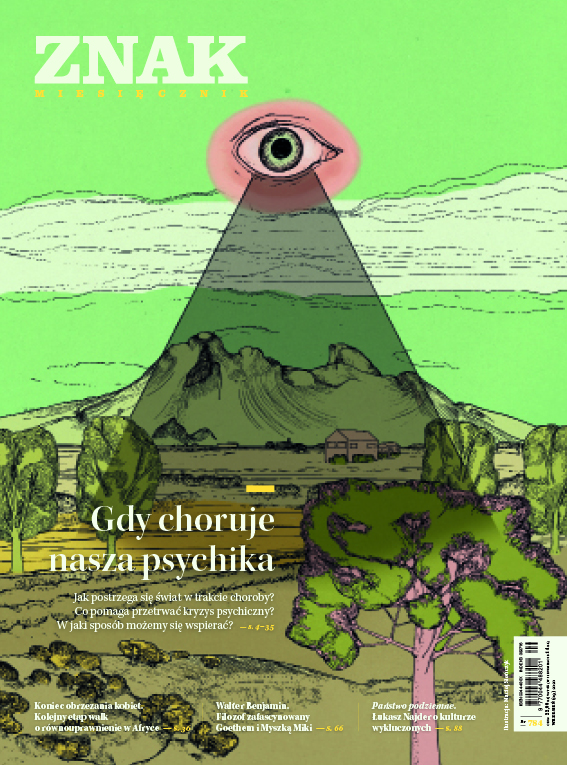
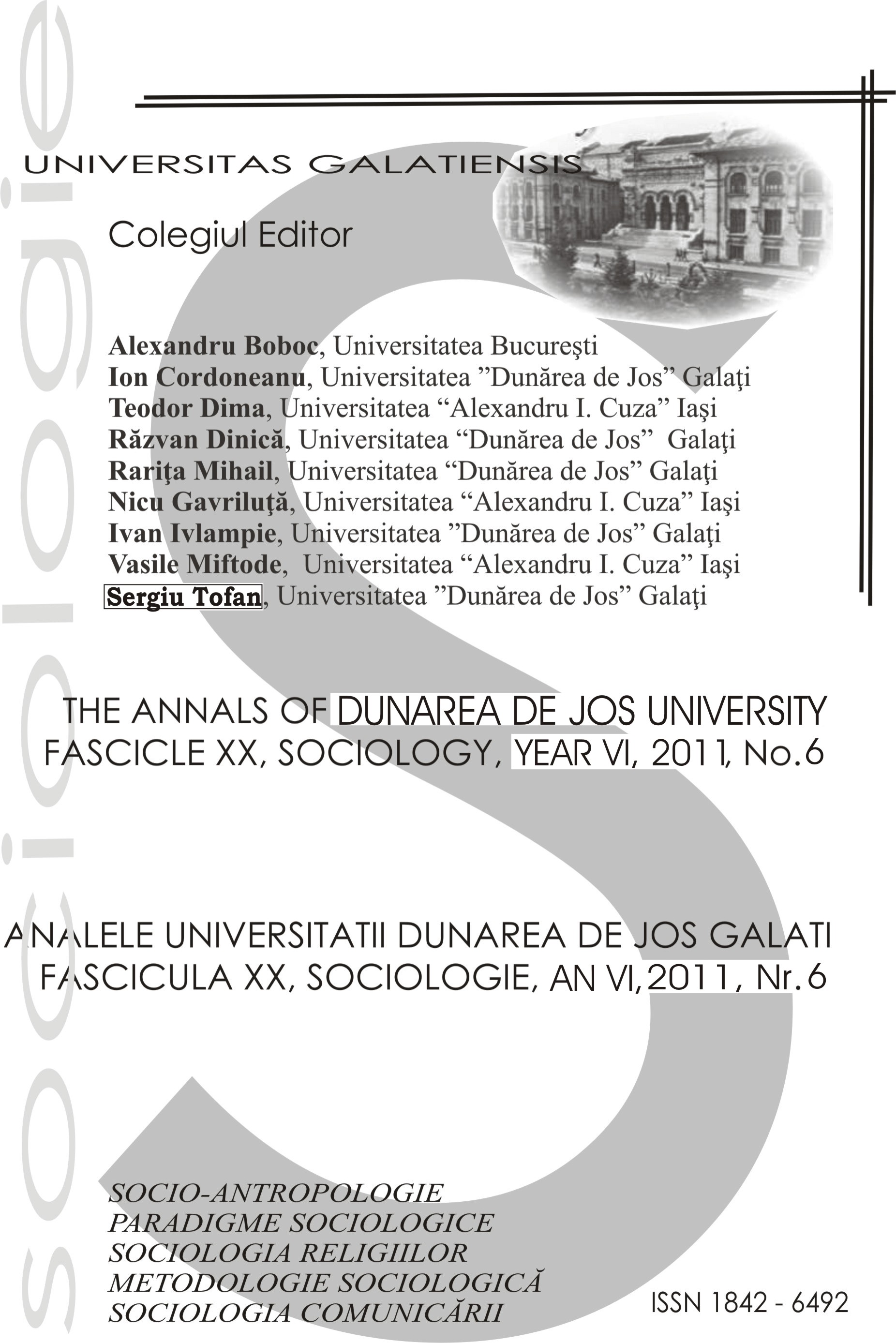
Unfortunataly, we see many acts of cruelty, violence or abuse against animals. I have always wondered whom we should share the responsibility with. We often see children who struggle hard strayng dogs and cats, or we witness peasants exploiting their animals without mercy or care for the latters welfare. No matter whether such facts are driven by aggressive impulses or performed for fun, on the one hand, or bravery on their part or their parents lack of supervision,or lack of education, then more worrying are intentional and unethical facts of adults. In the civilized countries, there are quite harsh punishments for similar acts, from fines to community work, the loss of ownership of animals and even loss of their freedom.What I propose in this study is to demonstrate that animals should have rights and be respected whether we like it or not.
More...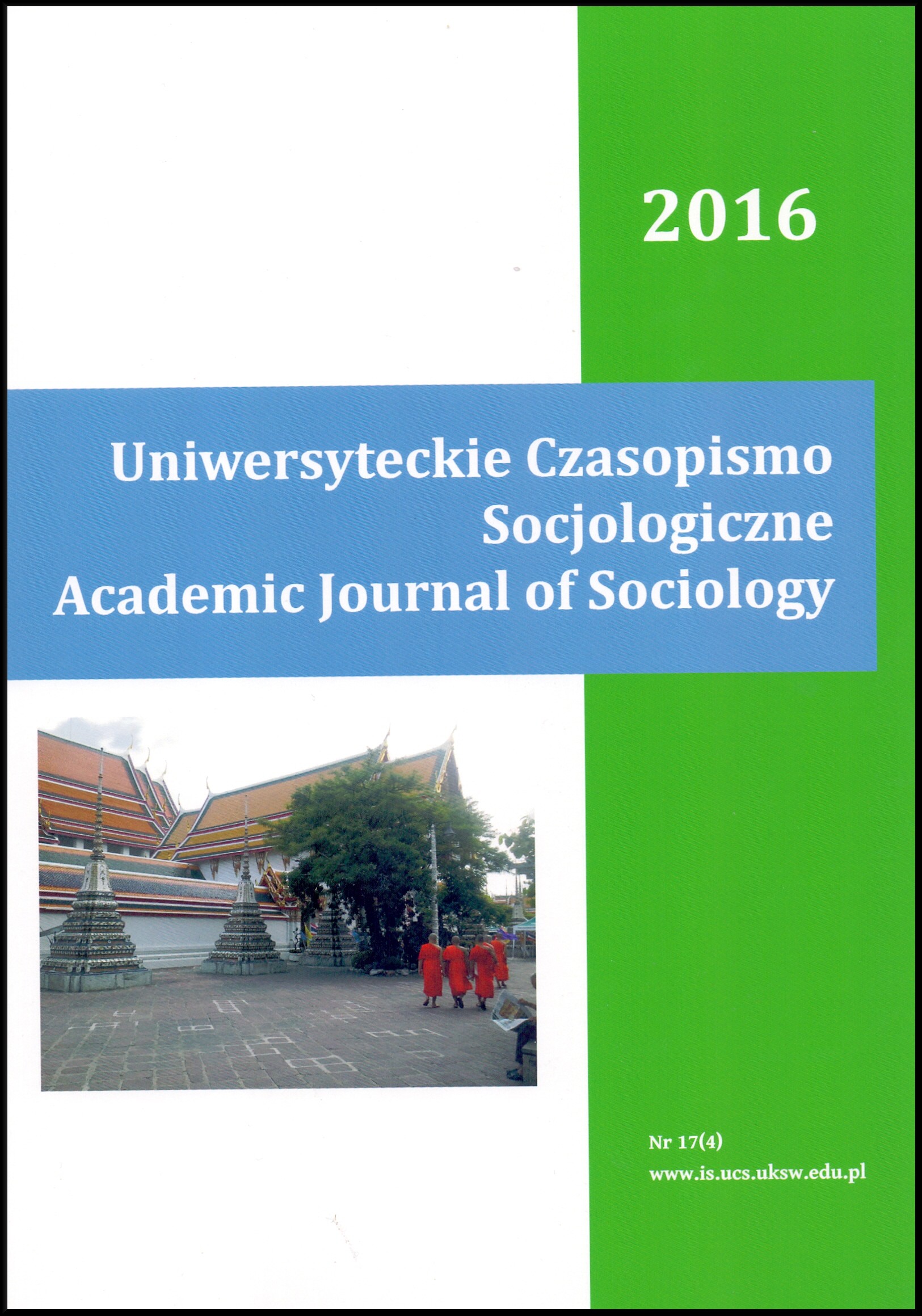
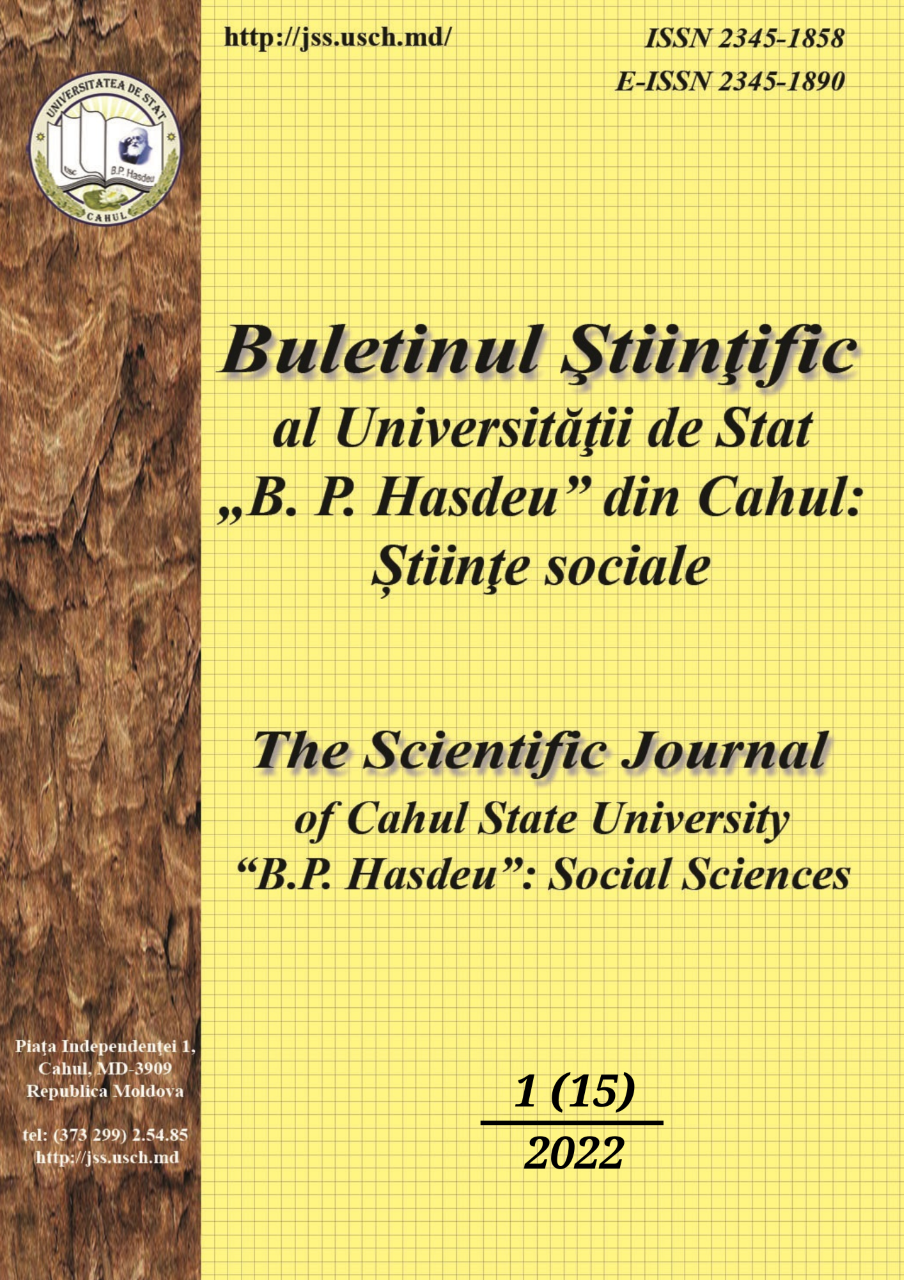
This article examines challenges that managers and other employees confronted at work during the COVID-19 coronavirus pandemic. Increased attention is give to the role of organizational culture in the transition period from office work to online activity, such that several basic elements are readjusted. The change that is taking place around the world brings discomfort and a need to adapt to conditions other than they were before the pandemic and at a rapid pace. Both, managers and executives go through a stressful period that can not leave their mark on the organizational culture as a whole, so it is necessary to focus on identifying the elements of organizational culture that have suffered the most in pandemic period and look for solutions in this regard. Organizational culture is going through a period of change, of adaptation to new realities that can be totally opposite to the previous period. Defective management of the coronavirus pandemic has put organizations in the Republic of Moldova to the test. Some have gone bankrupt, some have "survived" with great difficulty, others still face quite tough functional barriers. Their sustainability and functionality largely depend on the act of governance, the principles of good governance, objectivity, the processes of removing problems in this regard, the prioritization of problems, their evaluation and possible solutions to streamline the results of proposed actions. Thus, taking into account the effects of the pandemic crisis, the present scientific approach is limited to identifying the correlation between the term organizational culture and resilience in the context of the COVID-19 pandemic and its consequences.
More...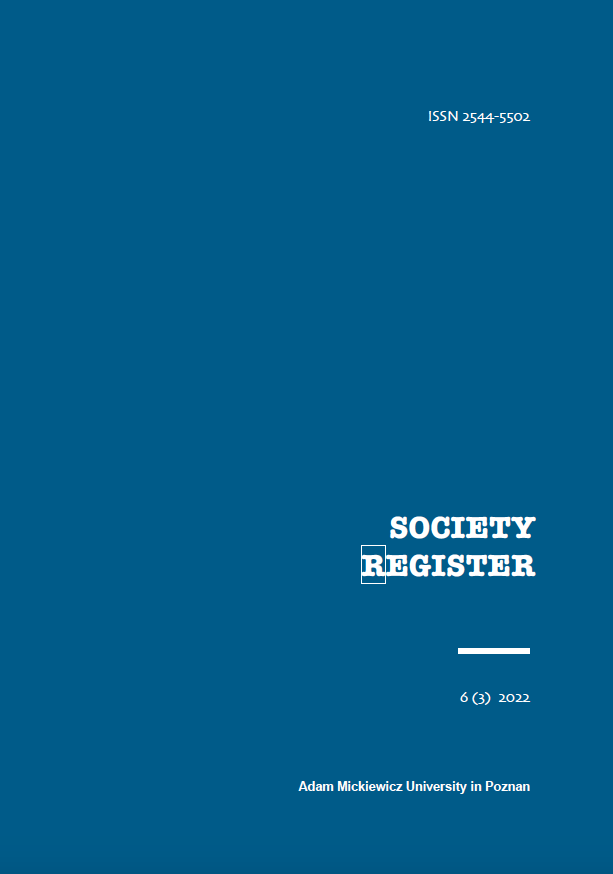
The freedoms offered by individualistic-democratic societies are marked by an intrinsic ambiguity: they are both real and (partly) illusory. They are rooted in the universe of representation, which, by proclaiming them, manages to force reality, but without this reality ever attaining the purity of the proclaimed principles. By subtle perverse mechanisms, new limits to freedom are actually introduced on a massive scale, eventually leading to the apparent paradox of a normative production that is much more abundant than in the ancient societies. There is nothing surprising about that. The individual autonomy proper to democratic societies necessarily induces a social activity of producing various norms and regulations, infinitely more intense than in a society where institutions run their established program and construct individuals in accordance with them. Freedom, in individualist-democratic societies, is an illusion, but one which creates reality. The individual, less free than s/he imagines her/himself to be, is nevertheless in the middle of a range of choices which does not cease, at least theoretically, to extend.
More...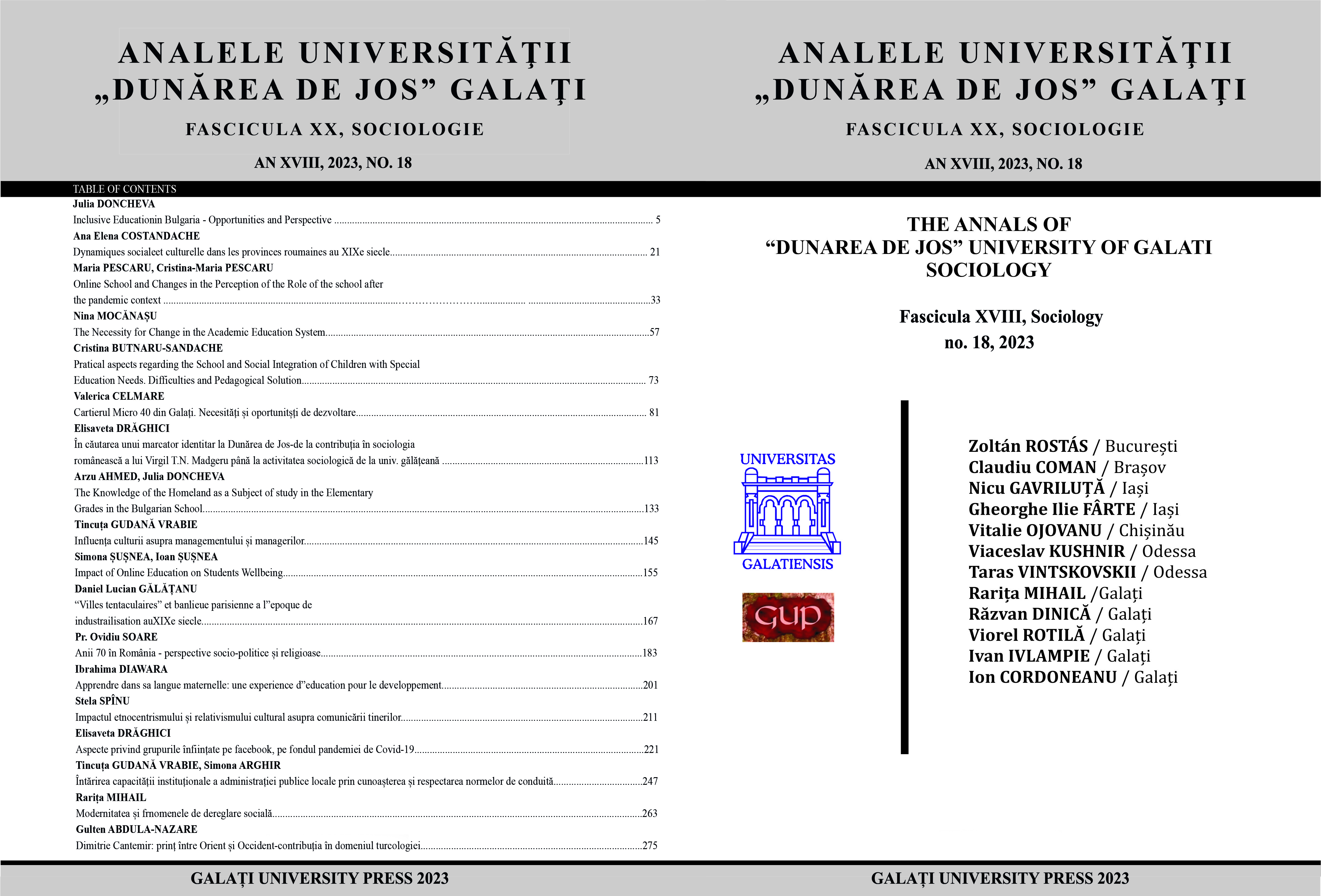
This article will be devoted mainly to a reflection of the phenomena of social disorder, alienation and anomie, which inevitably alter the relationships between the individual and society, which become antagonistic relations, especially with modernity. This article will be divided into three parts. First, we will argue that modernization induces insecurity. The (relative) empowerment paradox of social structures is therefore the following: the more sophisticated a society is, the more it (can become) becomes unsafe for its members. Secondly, we will inquire how far alienation and anomie alter the place the individual occupies in the world, in its relation to society. In interpreting these phenomena of social disorder, both Marx and Durkheim criticize the absence of rules, but starting from very different philosophical and moral points of view. Finally, we will analyze the possibilities of eliminating these social disorder phenomena, indicating, at least outlined, the distinction that should be made between the two sets of factors that generate them: differentiation processes that accompany the modernization and processes inherent to the capitalist system.
More...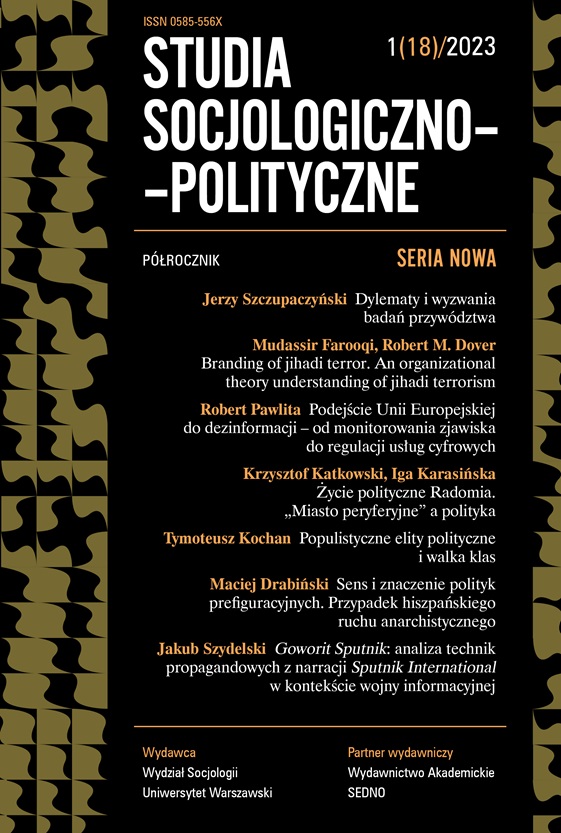
The article identifes selected conceptual problems, which can be seen in leadership research. The presented theses make a critical contribution to the dominant discussion on the theoretical foundations of this feld of analysis. The frst tendency is the dominance of normative concepts with universalistic ambitions, which are adopted uncritically by researchers dealing with leadership in different domains. A related phenomenon is a categorical voluntarism, which causes theoretical models to appear in scientifc discourse, the multiplicity and purely normative nature of which does not favor the integration of leadership research. Two recipes are proposed to approach the indicated research dilemmas. The frst is to link the research more closely to the specifcity of individual domains that determine the institutional conditions for shaping leadership relationships. The second remedy is to pay more attention to the empirical validation of the theoretical models applied.
More...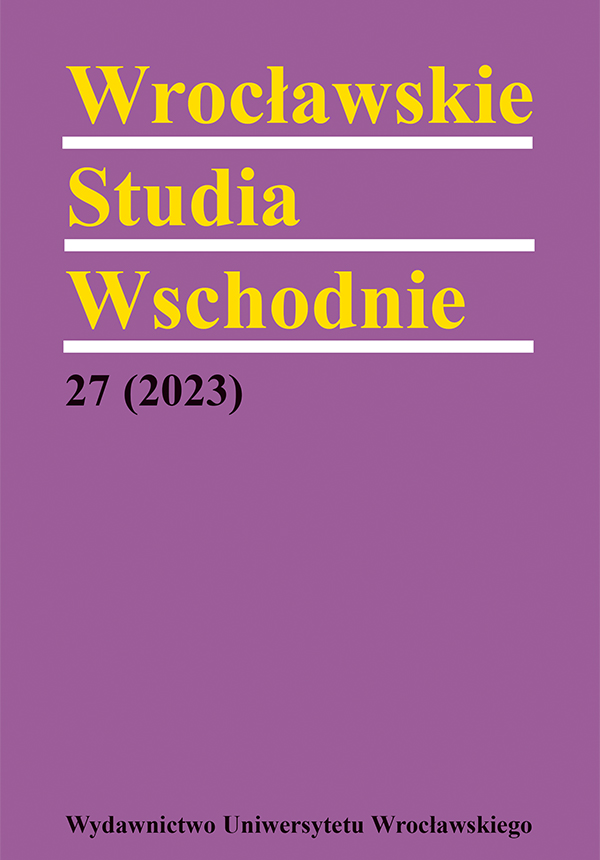
In this article I analyze the historical process of production of Europe, including its Eastand West, with reference to the postsocialist transformations in Poland exemplified by dis-cursive practices focused on LGBT rights. I pay particular attention to grassroots discoursesand practices that emerged in Wrocław in the context of two team action research projects co-financed by the European Union and based on the concepts of sexual citizenship and the PinkAgenda of the EU. In the light of these concepts Eastern Europe (including Poland) appearsas “backward” in relation to “modern” Western Europe, whose standards it should implement.Yet, such a vision of Europe is destabilized by grassroots discourses and practices that revealproblems brought by naturalization of a specific model of social positioning of non-heteronor-mative people as a measure of Europeanness. They point rather to the need to capture the mul-tidimensional, relational and dynamic character of Europe that defies binary ways of thinking.
More...